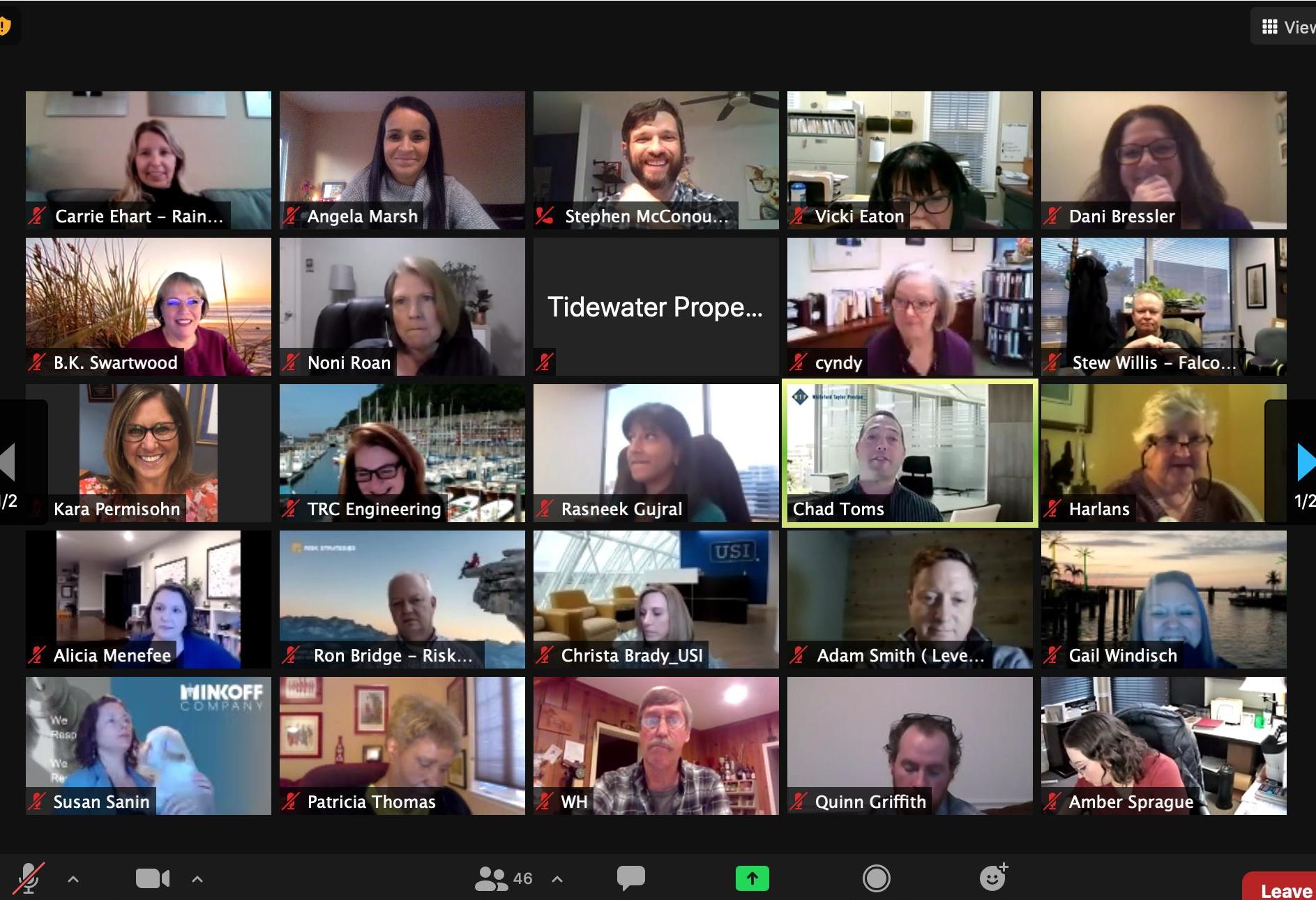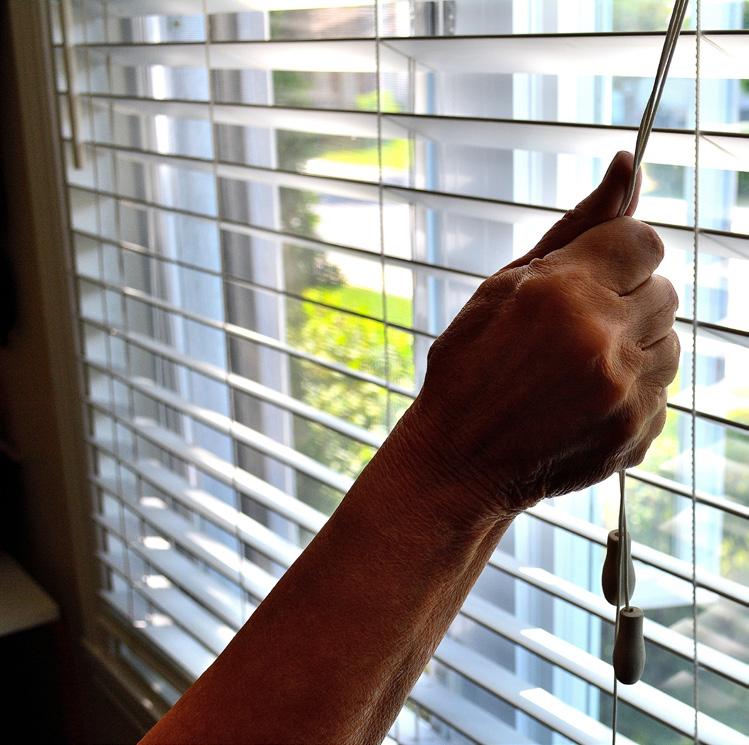HOARDING
A N D CO M M U N I T Y A S S O C I AT I O N S
B
oards of Directors and Community Managers are often faced with unique challenges which may include “hoarding,” a medical condition consisting of behaviors that often lead to unclean and unsafe environments, affecting other residents and possibly the community at large. A primary duty of the Board of Directors, working collaboratively with the Community Manager, is to oversee the common areas and to help ensure the maintenance of these areas; hoarding can compromise that goal, but there are strategies and recommendations to help protect the Association’s assets as well as the safety of residents. Situations with residents suffering from hoarding can be difficult and delicate for the Board and Community Manager to address, in part, due to the psychological and legal facets of hoarding. However, Boards and Community Managers can achieve their goals by understanding the nature of the disorder and working with the Association’s Legal Counsel and other professionals.
What is Hoarding? As of 2013, the American Psychiatric Association (APA) acknowledged hoarding as a legitimate and devastating mental disorder (2020). According to the APA, hoarding occurs in “individuals who have difficulty discarding items because of a strong perceived need to save items and/or distress associated with discarding” (Parekh, 2017). Hoarding will result in the accumulation of a large number of possessions that congest and clutter living areas to the extent that these areas may become unusable. People with hoarding disorder often save random items and store them haphazardly (Parekh, 2017). When hoarding becomes clinically severe, it has been linked to an increased risk of fires, falling, poor sanitation, and other health concerns (Frost et. al., 2007, p. 1468). It should be noted that hoarding is not the same as collecting. Collectors search and hold onto specific items while those who suffer from a hoarding disorder save random and obsolete items which they believe have sentimental value. Hoarding is much more widespread than earlier believed; the APA estimates that about 2–6% of the American population suffer from hoarding disorder (most prevalent in elderly adults ages 55–94). The exact causes of hoarding are uncertain, but previous brain injuries or psychological trauma can worsen symptoms. Hoarding may also stem from other mental illnesses such as OCD or depression (APA, 2020).
18
Warning Signs of Hoarding, Specifically within a Shared Community The most obvious sign of moderate to extreme hoarding behaviors is an accumulation of possessions that fill, block, and clutter the living areas. Typical items include saved magazines, newspapers, clothes, books, and containers. Some hoarders collect food and allow it to spoil, creating odors that may be reported by neighbors. Unusual insect or rodent infestations can be another sign of food or refuse buildup inside a unit. The Board and Community Managers should keep in mind that hoarding behaviors are often deliberately hidden by those suffering from a hoarding disorder. Residents frequently avoid opening their door to neighbors, visitors, and maintenance people, and they may also become reclusive as well as experience emotional distress because of the clutter. In some cases, residents may have trouble participating in their daily routines, jobs, and social activities.
Hoarding and Fair Housing Act Due to hoarding’s designation as a mental disorder, it falls under the category of disability, meaning that hoarding is protected under the Fair Housing Act. Special accommodation must be provided by the Association when specifically asked for by the owner or the tenant. This would include allowing the person time to clean up the home and get it back to appropriate living conditions. However, if hoarding has become so extreme to the point that it poses a threat to the health and safety of others, or the behavior causes substantial property damage, this person would no longer be protected under the Fair Housing Act. Under these circumstances, an Association Board, after consultation with their Association Attorney, may deny a special accommodation if the accommodation will not minimize or eliminate the threat. It is strongly recommended that the Association Board consult with their Association Attorney before moving forward with any action regarding this issue to ensure proper procedures are taken.





